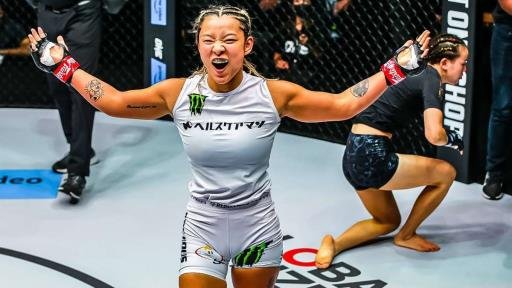Mixed Martial Arts (MMA) has ascended from a niche combat sport to a globally recognized phenomenon. Espacioapk This comprehensive exploration sheds light on the life of an MMA fighter, examining the rigorous training, the mental fortitude required, and the impact of the sport on popular culture.
The Making of a Fighter: Training and Discipline
MMA fighters are among the most well-rounded athletes in the world. Their training regimens are exhaustive and multifaceted, combining techniques from Brazilian Jiu-Jitsu, Muay Thai, boxing, wrestling, and more. An MMA fighter’s day often begins before dawn with cardiovascular training such as running or cycling, followed by sessions focused on strength and conditioning MMA Fighter.
Technical training involves sparring sessions and technique drills, where fighters refine their striking, grappling, and ground game. Each discipline demands hours of dedicated practice to master the moves and strategies essential for competition. Beyond physical prowess, this training also develops a fighter’s ability to read opponents and adapt swiftly—a crucial skill in the ever-evolving landscape of MMA.
The Psychological Battle: Mental Strength and Resilience
The mental preparation of an MMA fighter is just as intense as the physical. The sport requires not only physical toughness but an extraordinary level of mental resilience. Fighters must manage fear, pain, exhaustion, and the overwhelming pressure of competition. Many fighters work with sports psychologists to enhance their mental toughness, focusing on visualization, stress management, and maintaining focus during bouts.
Overcoming training and cage challenges, where a fighter may face both victory and defeat publicly, builds resilience. This public scrutiny adds another layer of mental challenge. RentCafe The ability to bounce back after a loss, learn from mistakes, and return to the ring stronger is what often separates the great fighters from the merely good.
Nutrition and Weight Management: A Critical Strategy
MMA fighters must pay extremely close attention to their diet and weight. They often compete in specific weight classes and must hit weight targets during weigh-ins, which occur 24 hours before the fight. Effective weight management involves maintaining optimal strength and stamina while also meeting weight class requirements.
Nutrition strategies typically involve eating balanced meals rich in nutrients, staying hydrated, and timing meals to optimize energy levels for training and fighting. Weight-cutting, which is common in MMA, entails losing weight quickly before a fight via dehydration and other methods, followed by rapid rehydration after weigh-ins. This practice is controversial and poses significant health risks, thus highlighting the importance of knowledgeable dietary guidance.
Culture and Commerce: MMA’s Impact on Society
MMA has significantly influenced popular culture, inspiring movies, fashion, and even fitness trends. The sport’s appeal lies in its raw intensity and the diverse backgrounds of its fighters, who often tell stories of personal struggle, perseverance, and triumph. These narratives resonate with a broad audience, elevating the sport’s profile and embedding it into the cultural mainstream MMA Fighter.
Commercially, MMA has become a lucrative industry. Promotions like the UFC (Ultimate Fighting Championship) have forged major broadcasting deals, and top fighters can earn substantial sums through prize money, sponsorships, and endorsements. This financial aspect has transformed MMA into a viable career for many athletes, though the road to financial success in MMA can be as challenging as the fights themselves.
The Path Forward: Challenges and Innovations
As MMA continues to grow, it faces challenges including athlete health, regulatory standards, and public perception issues. Concerns over the long-term impacts of combat sports on athletes’ health are leading to more rigorous safety regulations and medical protocols MMA Fighter.
The sport continues to evolve with advancements in training technology and techniques. Fighter training programs are integrating virtual reality, advanced biometrics, and AI-driven analytics to enhance performance and safety.
Conclusion
Becoming an MMA fighter is a journey of immense physical and mental challenge. It requires dedication, resilience, and a continuous drive to improve. For many fighters, MMA is more than a sport—it’s a lifestyle that tests the limits of their capabilities and spirit.As MMA continues to captivate audiences worldwide, its fighters remain at the heart of the story—a modern blend of athlete, warrior, and entertainer MMA Fighter.









